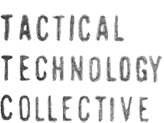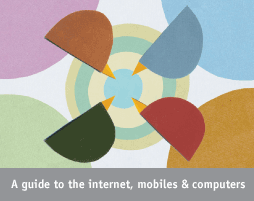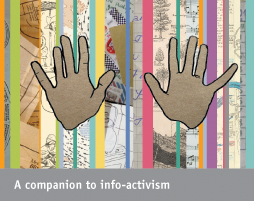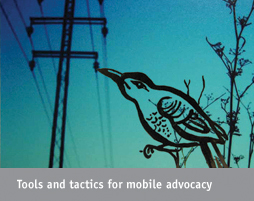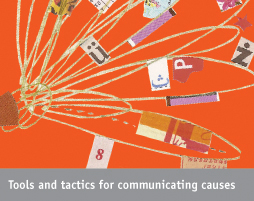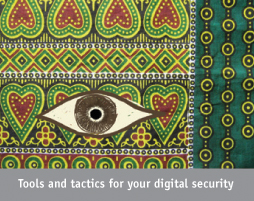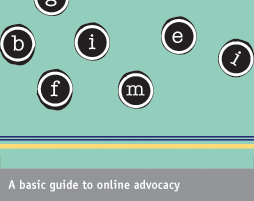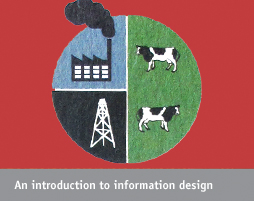Whose Data is it Anyway?
Whose Data is it Anyway?
Whose Data is it Anyway?
Tactical Technology Collective and the Centre for Internet & Society invite you to the second round of discussions of the Exposing Data Series at the CIS office in Bangalore on 24 January 2012. Siddharth Hande and Hapee de Groot will be speaking on this occasion.
Like countless others, this title is a convenient adaptation of a 1972 play by Brian Clark, Whose Life is it Anyway?, a meditation on 'euthanasia' and the extent to which governments or the law can determine the private life of an individual. In a similar sense we use the title to help frame the second set of conversations in the Exposing Data Series, to zero in on the idea of data and who has the right to decide what happens with it. Philosophically, and also at the level of code, computing and the law, the ownership of data can be a somewhat odd and a contentious thing to grapple with. The only other understandings of 'ownership' we really have are those of property and identity and these get imputed onto the intangibility of data. And, in some senses now, many aspects of one's identity exist as data.
There are a range of experiences of data ownership that we talk about and experience daily. On the one hand you can hoard hard disks with favourite content to retrieve memories and experiences. On the other end of things, you can aggregate your experiences and memories with that of thousands of others, that then gets treated almost like a private hard disk belonging to some mysterious X. Who is this Mysterious X? Is there a Y? Or an XY? What is the trajectory of data in its movement from the individual to a larger, shadowy infrastructure that harvests it? What happens to our idea of data in its reconfiguration from intangible code to an idea of politics and rights? To introduce another provocation, do our existing ideas of data ownership objectify individuals? What does this objectification imply for the notion of personal privacy? For example, does the fetishization of 'things' called data obfuscate the idea of personal privacy?
One of the ways in which we may consider looking at open data initiatives for transparency and accountability is to assess it as discourse, and in relation to what happens when communities aggregate data. Open Government Data usually involves a top-down approach in terms of how it is aggregated, collated, shared, whilst community based approaches are more particular, contextual and local. What do these different approaches give us when we bring them to the same table?
The second event in the Exposing Data Series will focus on data ownership, looking into open government data and community-based data aggregation, to explore the various levels of data collection, the movement of data and its exchange, its representation, and dissemination in different contexts.
Speakers:
Siddharth Hande, Transparent Chennai
Hapee de Groot, Hivos, Netherlands
This event is free and open to everyone but we request a confirmation of your attendance: yelena.gyulkhandanyan@gmail.com.
Submitted by faith on Fri, 01/20/2012 - 20:19
